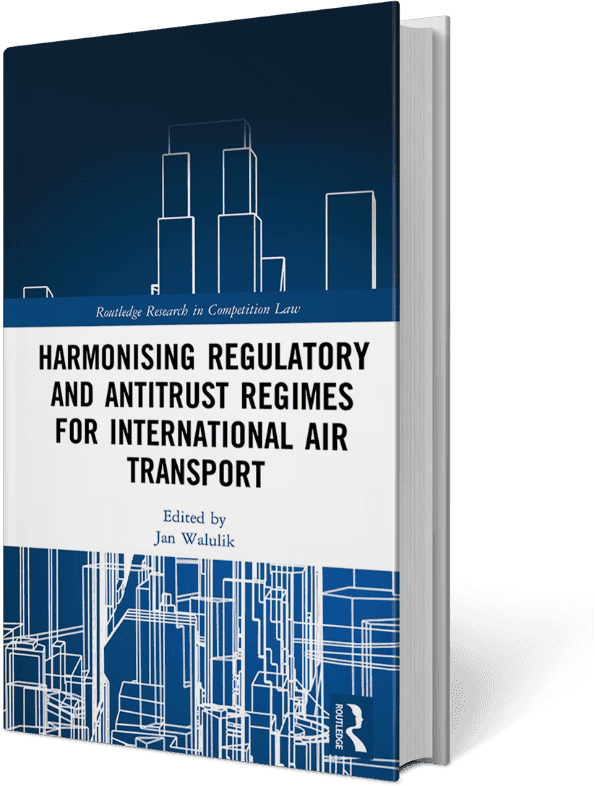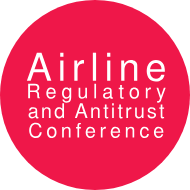

Harmonising Regulatory and Antitrust Regimes for International Air Transport
ISBN: 9780815353867
Jan Walulik (ed.). Contributors: Shadi A. Alshdaifat, Elena Carpanelli, Paul S. Dempsey, Piotr P. Dziubak, Elmar M. Giemulla, Peter P.C. Haanappel, Agnieszka Kunert-Diallo, Bashar H. Malkawi, Pablo Mendes de Leon, Małgorzata Polkowska, Andrea Trimarchi, Frans G. von der Dunk, Jan Walulik, Paweł Zagrajek, Marek Żylicz.
Harmonising Regulatory and Antitrust Regimes for International Air Transport
Harmonising Regulatory and Antitrust Regimes for International Air Transport addresses the timely and problematic issue of lack of uniformity in legal standards for international civil aviation.
First, it focuses on discrepancies within the regulatory and antitrust framework and possible solutions thereto. Possible strategies for multilateralisation and defragmentation of aviation regulations are discussed, including those within the ICAO and WTO systems, as well as privatisation, trans-national cooperation and consolidation between airlines.
This is followed by a debate on international harmonisation of air policy and economic regulation with competition law and policy. This part deliberates on the peculiarities of the latter framework, such as ‘extraterritorial’ application (effects doctrine) and antitrust immunities. Specific legal problems concerning airline alliance activities are also addressed, such as code-sharing, leasing, franchising and common branding, as well as metal-neutral joint ventures and real air carrier mergers.
The discussion extends to competition and possible conflicts between air transport law and other legal regimes, including space law, environmental law (carbon offsetting schemes) and labour law, which are relevant to aviation and growing aerospace activities. The study also contributes to some specific regulatory problems, such as possible regulation of space tourism under air law, airline ownership and control, balance between aviation safety and airline liberalisation, development of regional liberalisation initiatives and solutions to eliminate air connectivity gaps.
The unique feature of the book is that it reconciles distinct perspectives on these issues presented by renowned aviation and aerospace experts who represent world’s key air transport markets and air law academic centres.
In 2017 I invited a group of renowned aviation and aerospace experts to the Airline Regulatory and Antitrust Conference at the Centre for Antitrust and Regulatory Studies, Faculty of Management, University of Warsaw, Poland. Our approach was to discuss and reconcile distinct perspectives on air law issues and provide possibly unbiased solutions, which could serve as base for future harmonisation of international arrangements. Harmonising Regulatory and Antitrust Regimes for International Air Transport presents the results of this vivid debate.
